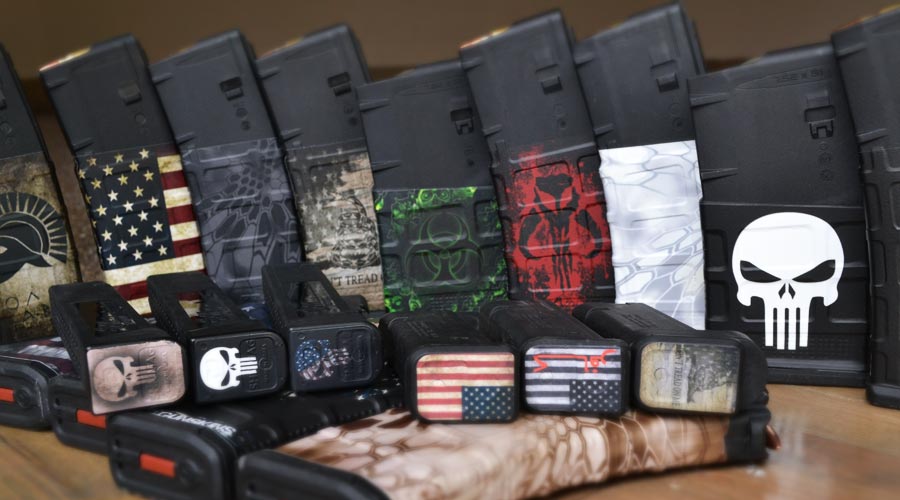Federal law bars certain people from owning firearms. It aims to protect public safety while respecting gun rights.
Texas sits in the south-central U.S., bordering New Mexico, Oklahoma, Arkansas, Louisiana, and Mexico, with a long Gulf of Mexico coastline. It’s the second-most-populous state, anchored by metros like Houston, Dallas–Fort Worth, San Antonio, and Austin. Its economy runs on energy (oil, gas, and wind), tech and aerospace, agriculture, shipping, and cross-border trade.
Within that broader context, Texas gun laws operate under the federal framework; state rules can be looser or stricter in some areas, but federal prohibitions still apply nationwide.
Individuals Convicted of Felonies
Anyone convicted of a felony offense is not allowed to own firearms under federal law. This includes crimes punishable by imprisonment for more than one year. The restriction is broad and applies to violent and non-violent felonies alike.
In some cases, individuals may regain their rights through a pardon or expungement, but these instances are rare and involve lengthy legal processes.
Fugitives and Those Under Indictment
Federal law also bars fugitives from justice from possessing firearms. A fugitive is anyone who has fled from any state to avoid prosecution, custody, or giving testimony.
Additionally, a person under indictment for a felony cannot purchase a firearm, though they may not be required to surrender any guns they already own until conviction.
Drug Users and Addicts
Unlawful users of controlled substances, including marijuana (still illegal under federal law), are barred from owning guns. Courts have upheld this restriction as a matter of public safety, emphasizing that drug use can impair judgment and increase risks of violence.
The law applies even if the drug is legal under state law, creating conflicts in states that have legalized recreational cannabis.
Individuals with Mental Health Restrictions
People who have been adjudicated as mentally incapacitated or committed to mental institutions are prohibited from firearm possession. This category includes individuals deemed a danger to themselves or others by a court or other legal authority.
Restoring rights in these cases is complex and depends on both state and federal review processes.
Domestic Violence Convictions and Restraining Orders
One of the most significant restrictions applies to individuals convicted of misdemeanor domestic violence offenses. Even a single conviction may result in a lifetime ban on owning firearms.
Similarly, individuals subject to certain restraining orders, particularly those protecting intimate partners or children, are prohibited from purchasing or possessing guns.
Non-Citizens and Other Restricted Groups
Certain non-citizens, including undocumented immigrants and individuals admitted to the U.S. on non-immigrant visas, generally cannot own firearms. Exceptions exist for lawful permanent residents and those with specific waivers.
Other restricted categories include individuals dishonorably discharged from the military and those who have renounced U.S. citizenship.
How Federal and State Laws Work Together
Federal firearm prohibitions apply across the country, but states may add their own restrictions. Texas, for example, generally follows federal standards while maintaining its own licensing and carry rules. Residents must comply with both sets of laws, meaning federal bans cannot be ignored even in states with looser regulations.
Understanding this balance prevents accidental violations and keeps lawful gun owners in compliance.
Conclusion
Federal law prohibits firearm ownership for specific groups of people, including:
- Convicted felons.
- Fugitives and those under indictment.
- Drug users and addicts.
- Individuals with certain mental health rulings.
- People convicted of domestic violence or under restraining orders.
- Certain non-citizens and other restricted categories.
While state rules, such as Texas gun laws, may differ, no state law can erase these federal prohibitions. Knowing the limits helps ensure responsible and lawful gun ownership.







